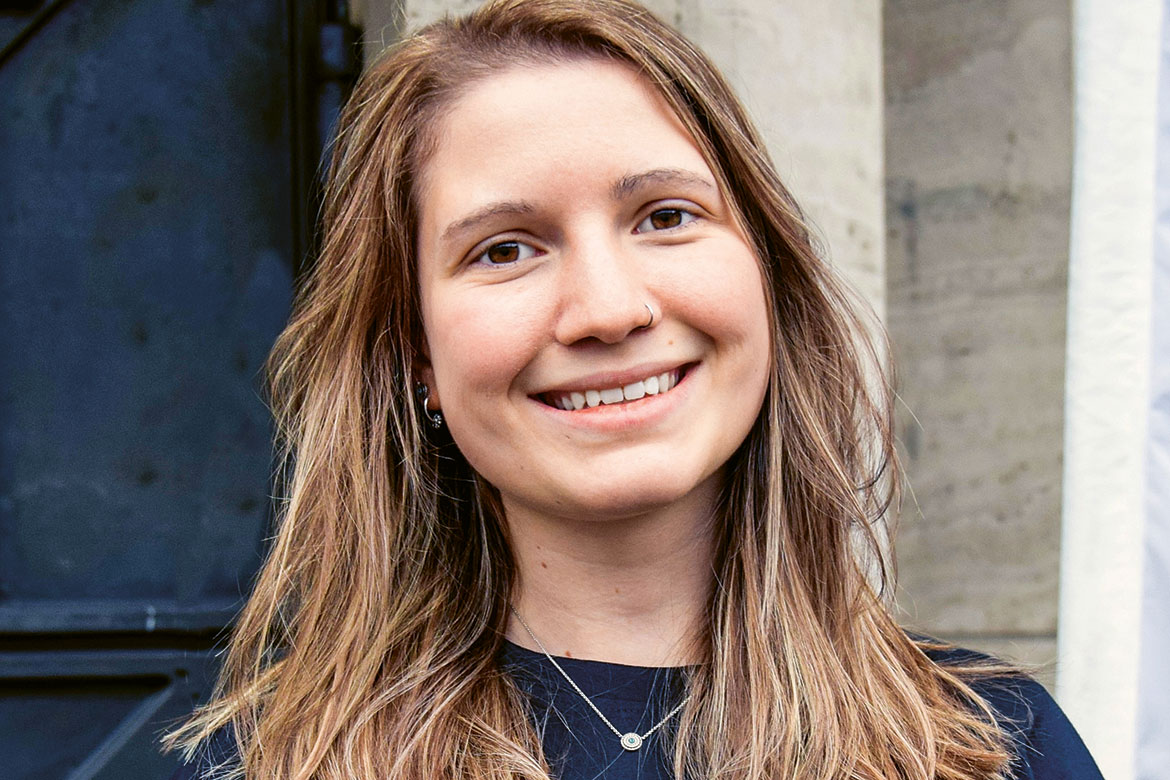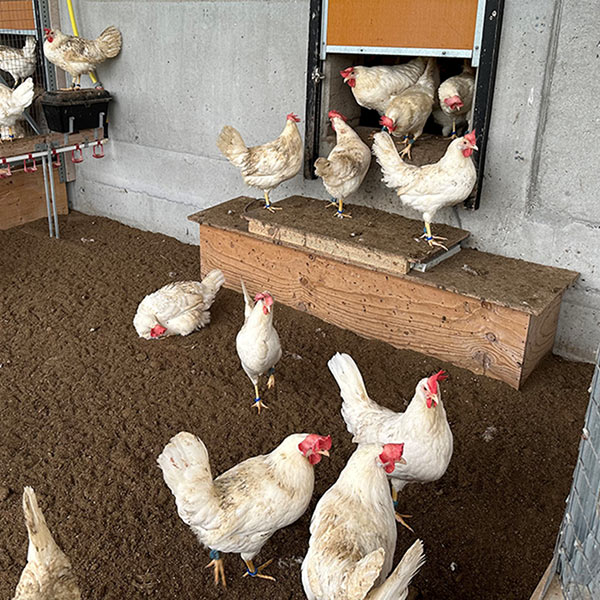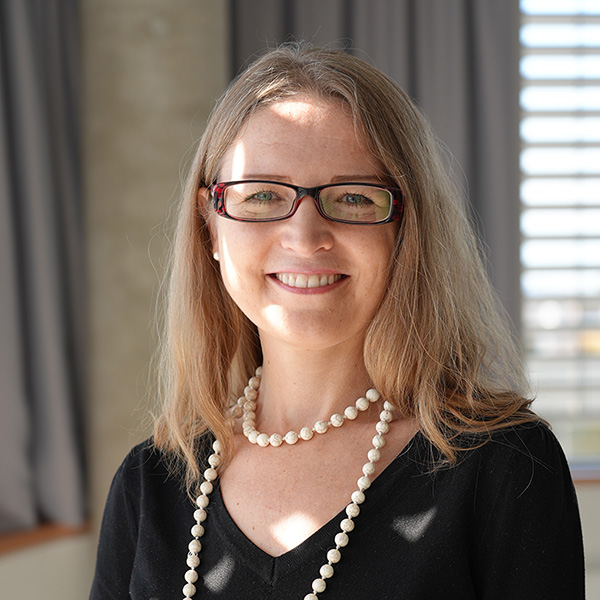“They only reacted when we students took the initiative”
The biology student Jeannine Fluri is a committee member of the Basel University Student Union ‘Skuba’ and is dedicated to upholding the rights of students. She is responsible for the fields of teaching and quality assurance. In our interview, we hear how Skuba is able to influence university policy.

Jeannine Fluri | Image: Stephanie Salz
Jeannine Fluri, why should a student be interested in the policies of her own university?
Skuba’s concerns are taken seriously in the university’s commissions and committees. What’s more, students learn how their university is structured when they take an active part in student organisations.
Can you give us an example of a change brought about by Skuba?
Members of the student council campaigned to reduce the flight miles of our university. They simply wanted student field trips to be restricted to train travel if they were within 1,000 km of Basel. We submitted this request to the Senate, which is the topmost body of the university. All seven faculties and the Rector’s office are represented there. The Rectorate thought it made sense, and so tasked the Sustainability Office with monitoring all flights taken by the university. Based on the data they’ve collected, a plan of action is going to be drawn up. It was great that we were able to get the whole university to join in.
Flights are a big issue at a lot of universities right now.
That’s right. The Sustainability Office had made a similar proposal to the Rector’s Office a few years ago. But they were turned down. They only reacted when we students took the initiative.
Is it important to students to know that their lecturers are also engaged in research?
Yes. If they are active researchers, they can link up their projects with their teaching. They are important role models for students who want to set out on an academic career. That is motivating. But just because someone does research doesn’t necessarily mean that they are good teachers.
Do the students notice the pressure to publish felt by their lecturers?
In the appointment process for a new chair, a lot of weight is placed on applicants having procured third-party funding and being published. But for us students, it’s naturally important that the new professor should lecture well and understand the students.
Are there developments that Skuba is particularly concerned about?
Many people regard their university studies as a kind of vocational training. It’s only important to them that we all get a good job upon graduation and can achieve something in the broader economy. That’s why the humanities and social sciences are sometimes looked down upon in our own university. That’s a great shame. If we hear people express opinions like that, we in Skuba always take issue with them.




